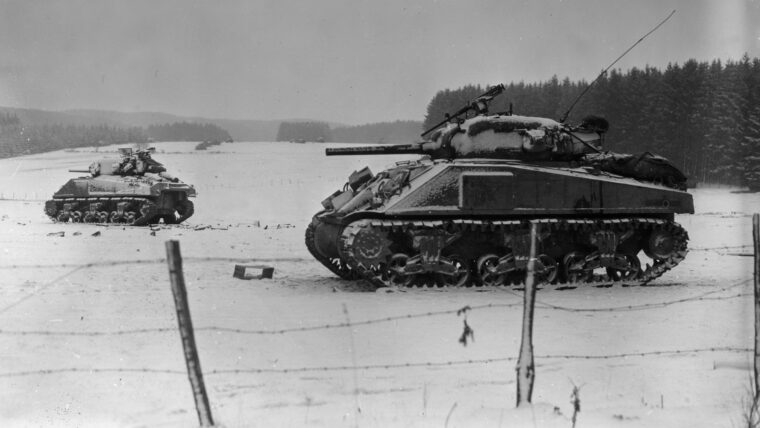
Nazi Germany
The Fight for Singling
By Arnold BlumbergAfter four months and a 600-mile advance from the beaches of Normandy into Brittany and then through eastern France, the spearhead of Lt. Read more

Nazi Germany
After four months and a 600-mile advance from the beaches of Normandy into Brittany and then through eastern France, the spearhead of Lt. Read more
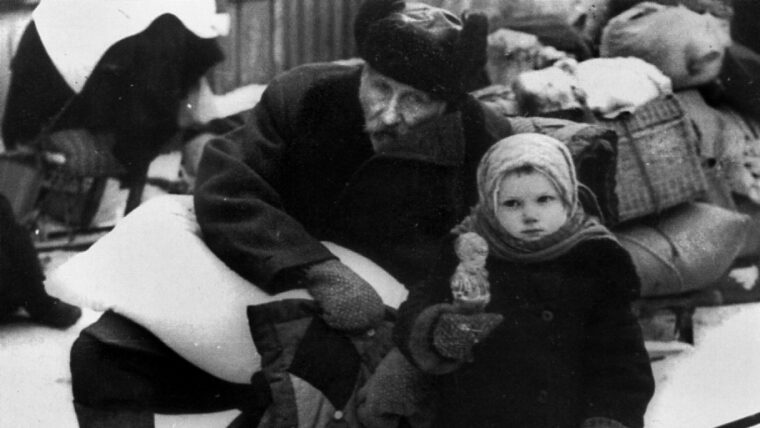
Nazi Germany
Georgina’s mother sat next to me at her dining room table. She and her husband were veterans of the Great Patriotic War, and back in 1996 we all sat about the table on Victory Day and talked about the siege. Read more
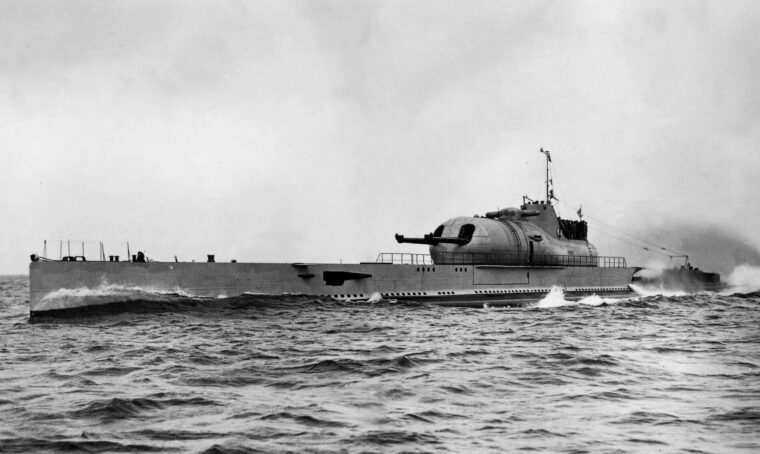
Nazi Germany
When built, the French Surcouf was the largest submarine in the world. She was named for Robert Surcouf, the famed French privateer who waged successful economic warfare against England during the Napoleonic era. Read more
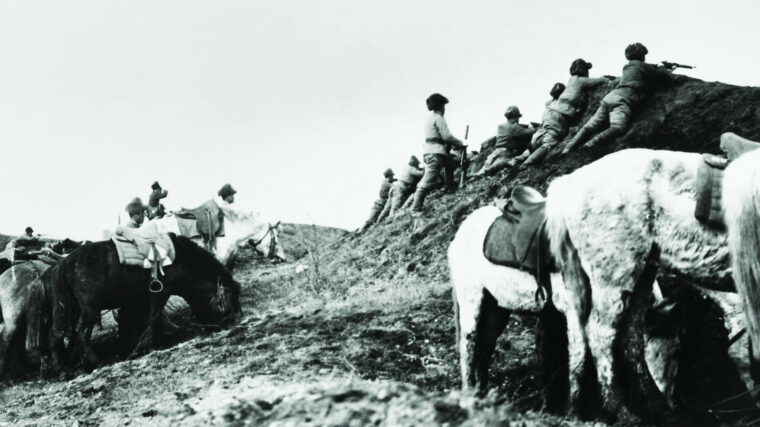
Nazi Germany
At 11:02 am on August 9, 1945, an American warplane dropped an atomic device nicknamed “Fat Man” onto the city of Nagasaki, Japan. Read more
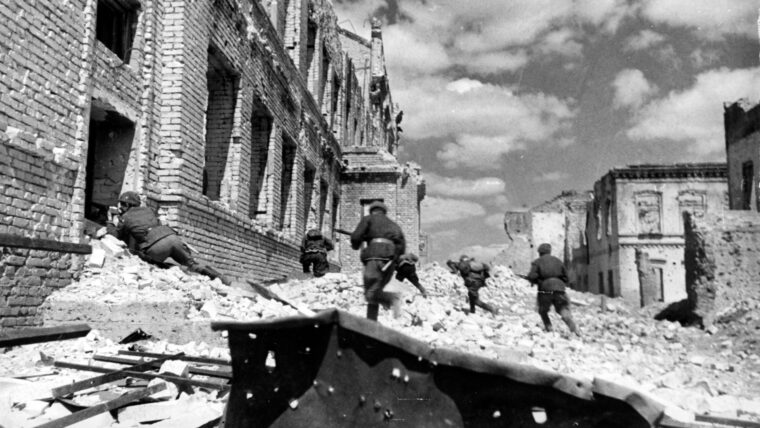
Nazi Germany
After Adolf Hitler’s audacious invasion of Russia finally ground to a halt in December 1941 on the forested outskirts of Moscow, the exhausted German Army stabilized its winter front in a line running roughly from Leningrad in the north to Rostov in the south. Read more
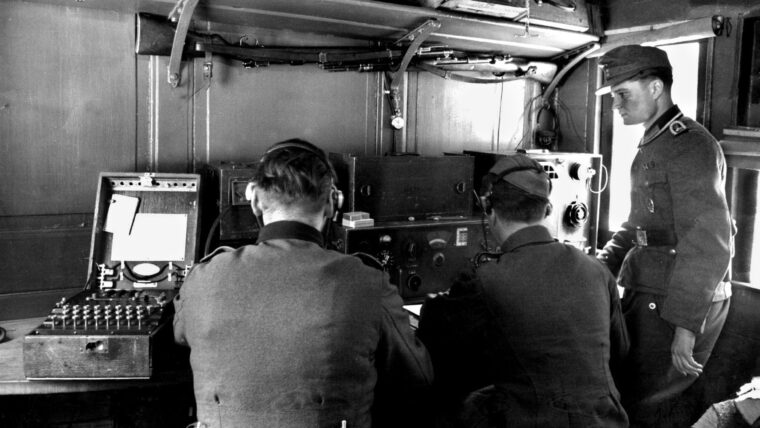
Nazi Germany
Great Britain’s military intelligence leaders learned from their experience in World War I that the kinds of minds capable of breaking codes are a rare commodity and are often not likely to blossom in a military atmosphere. Read more
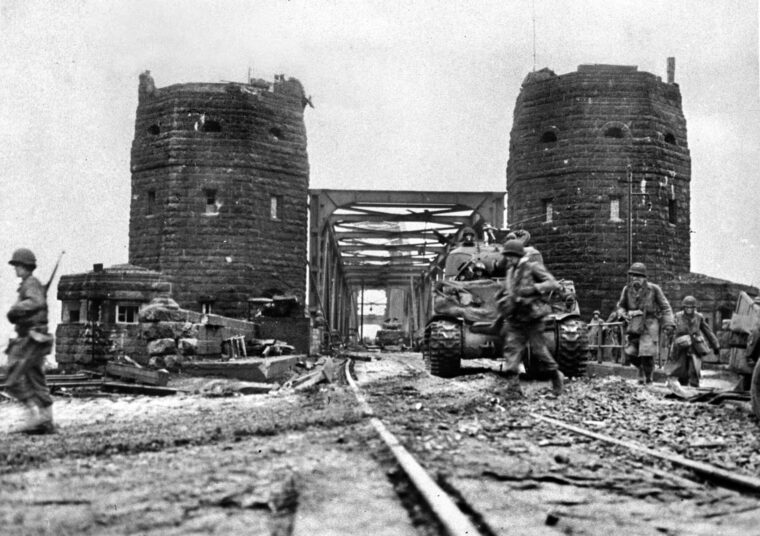
Nazi Germany
As Allied troops advanced along a broad front toward Nazi Germany in the winter of 1945, the United States Army was eager to capture an intact bridge over the Rhine River to allow its troops and heavy equipment to advance rapidly into Germany. Read more
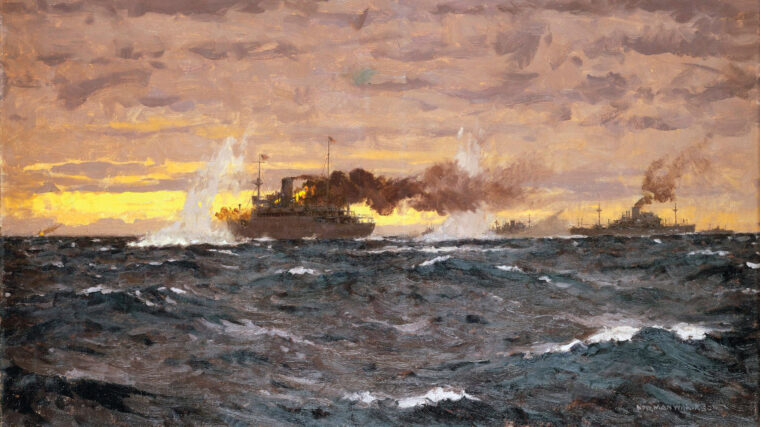
Nazi Germany
Throughout World War II, the British Admiralty’s deepest concern was the all-important shipping lanes that supplied their island fortress. Read more
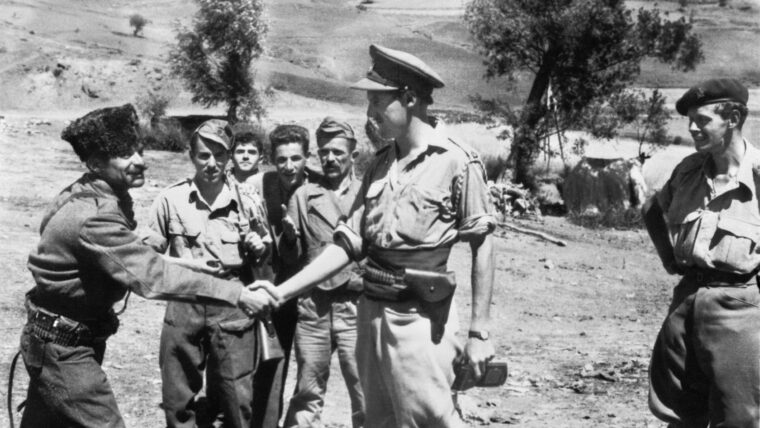
Nazi Germany
When British Prime Minister Winston Churchill created the Special Operations Executive (SOE) to organize guerrilla resistance against the Nazis, he famously ordered it to set Europe on fire. Read more
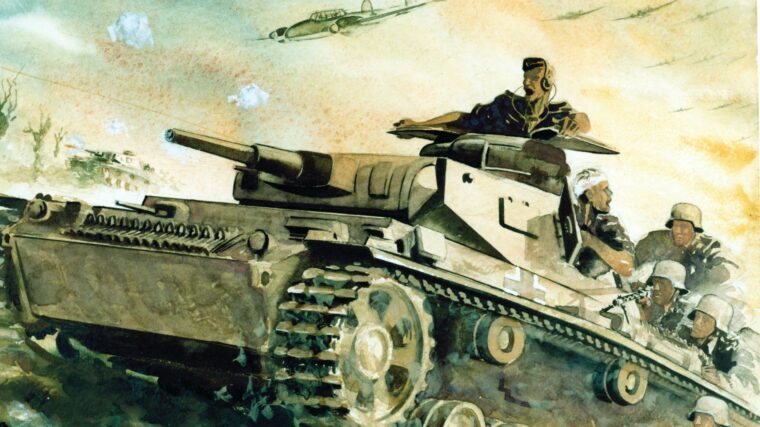
Nazi Germany
Adolf Hitler was obsessed with Leningrad. When planning his invasion of the Soviet Union, the Führer demanded that the capture of the city, which he regarded as the cradle of Bolshevism, be one of the top priorities of the campaign, giving it precedence over the capture of Moscow. Read more
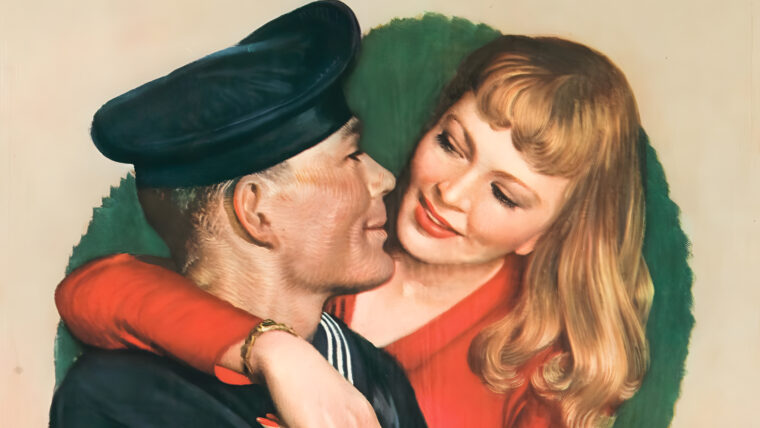
Nazi Germany
Buried in the October 24, 1944, edition of the New York times was the headline: “German Ex-Officer Held as Nazi Spy: Captain in Kaiser’s Army, 62 and Foster Daughter Accused of Sending Ship Data Before U.S. Read more

Nazi Germany
Hedy Lamarr was the most beautiful actress of her generation, a celluloid diva who was the epitome of Hollywood glamour, sensuality, and sophistication. Read more
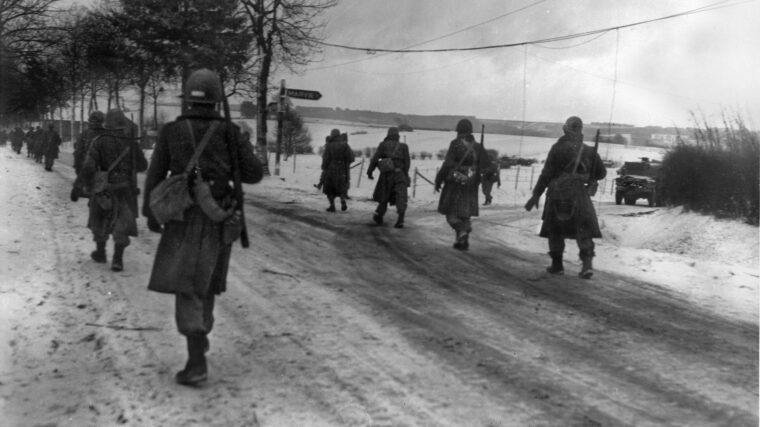
Nazi Germany
For the cold and hungry GIs of Company B, 1/401st Glider Infantry Regiment, holding the western approach to Bastogne would push the men to the limits of their endurance. Read more
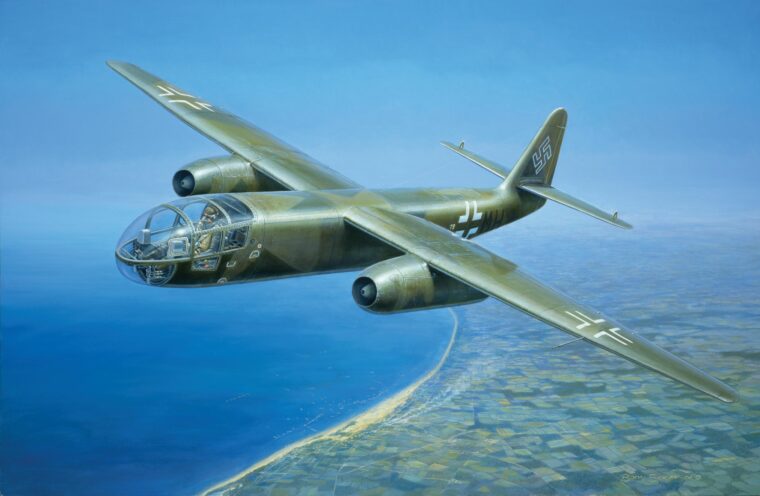
Nazi Germany
When the Arado Ar-234 Blitz jet bomber first appeared in the skies of Europe, most Allied airmen did not know what it was. Read more
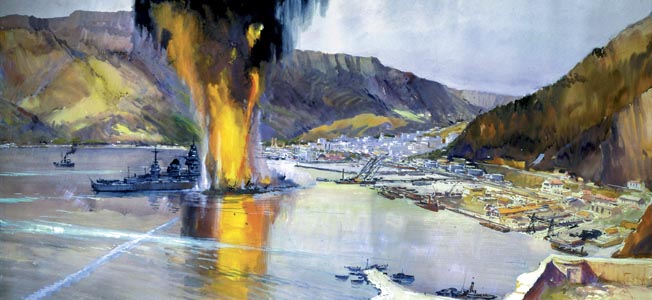
Nazi Germany
When the armistice between France and Germany was put into force on June 25, 1940, the fate of the powerful French Navy—the fourth largest in the world—was of critical importance to the British. Read more
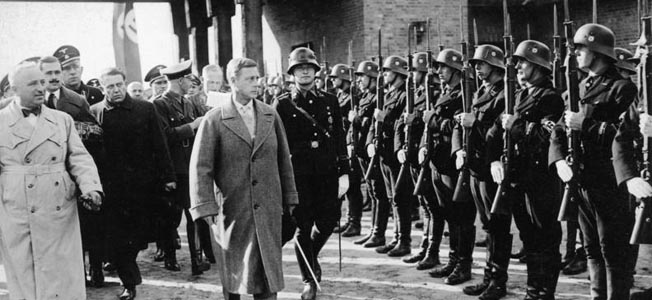
Nazi Germany
A Nazi time capsule was discovered in Poland, buried in the foundations of the old Nazi training school of Ordensburg Krössinsee. Read more
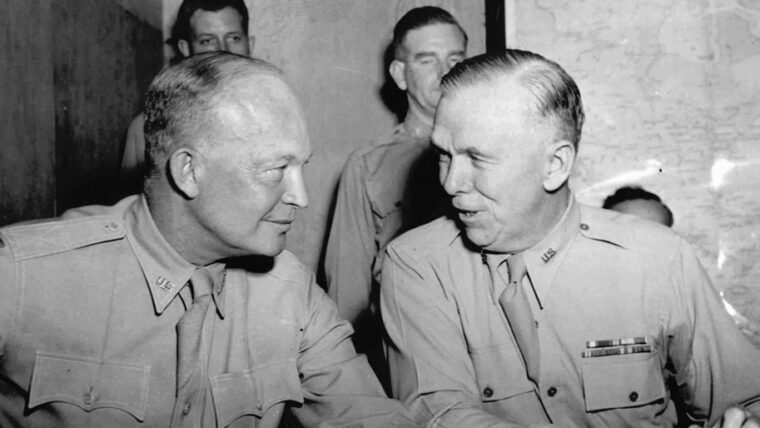
Nazi Germany
President Franklin D. Roosevelt was disturbed in the autumn of 1938 by the Munich agreement, at which the rights of Czechoslovakia were signed away, and by reports of mounting air strength in Adolf Hitler’s Nazi Germany. Read more
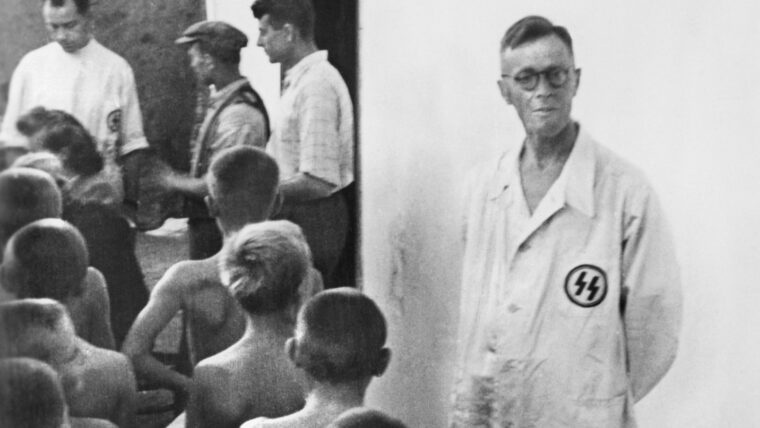
Nazi Germany
In the summer of 1943, Malgorzata Twardecki, a single mother living in Nazi-occupied Poland, received an ominous order to bring her five-year-old son to the local town council office by 6 the following morning. Read more
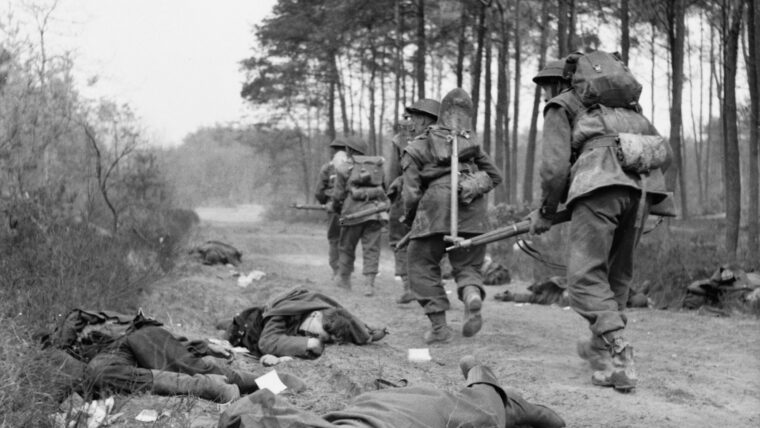
Nazi Germany
“I am busy getting ready for the next battle,” Field Marshal Sir Bernard Law Montgomery wrote his son David in early March 1945. Read more
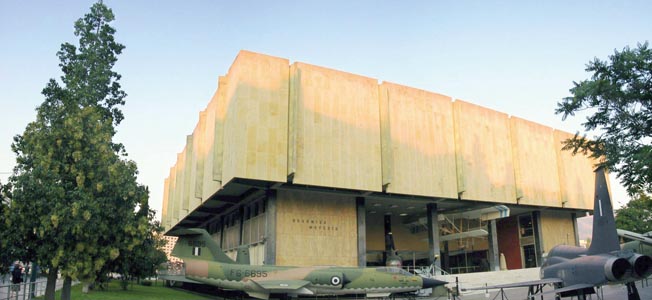
Nazi Germany
While not a major military power today, from the time of the classical age through the Middle Ages, Greece was the center of several major military dynasties. Read more